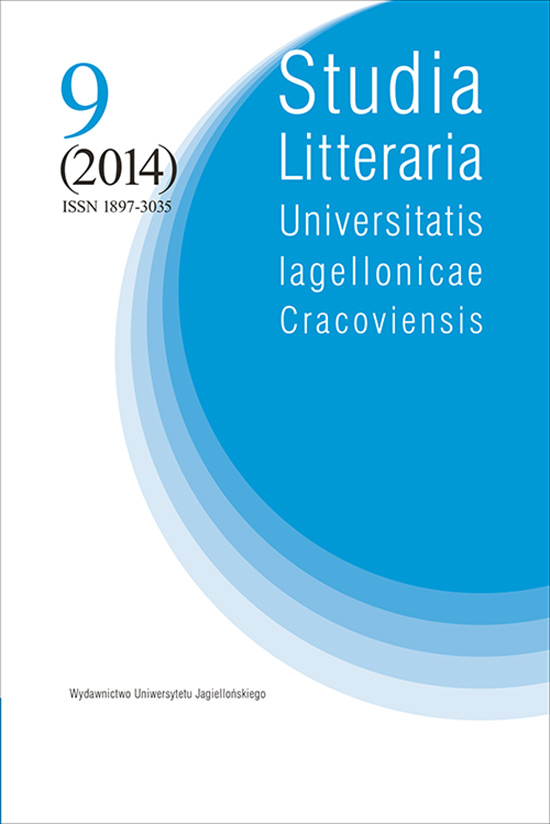Polish Readings of Byron’s Epitaph on Boatswain
Polish Readings of Byron’s Epitaph on Boatswain
Author(s): Monika CoghenSubject(s): Language and Literature Studies, Studies of Literature
Published by: Wydawnictwo Uniwersytetu Jagiellońskiego
Keywords: Byron; Polish translations; literary allusions; biography; epitaph; dog
Summary/Abstract: The Inscription on the Monument of a Newfoundland Dog, which Byron had engraved on the memorial to his dog Boatswain in the grounds of Newstead Abbey, has been one of the most often reprinted and translated poems by Byron. In her book Kindred Brutes Christine Kenyon--Jones has thoroughly examined the genealogy of the poem and pointed to its potential for manifold interpretations and to its role in establishing the image of Byron as ‘a misanthropic dog-lover’. The Polish reception of the poem confirms both its ideological and political potential and its role in the creation of one of the stereotypical images of Byron. This paper examines Polish translations of Byron’s Inscription, pointing to the role of the poet’s lives, particularly L. Belloc’s French biography, in the formation of the myth of the Byron and in the transmission of the knowledge of his works. It also traces literary allusions to the poem in the works of Polish writers. In the Russian-controlled Congress Kingdom of Poland the banning of the poem on the grounds of a theological error marked one of the first noted interventions of preventive censorship in 1825. Nonetheless, the Polish translations were published first in the Austrian-controlled Lviv in 1825, and then in the Russian-controlled Vilnius in 1834, both exploring the poem’s political potential. On the other hand, in his drama Fantazy Juliusz Słowacki used ironic references to the poem to criticize the Byronic stance.
Journal: Studia Litteraria Universitatis Iagellonicae Cracoviensis
- Issue Year: 9/2014
- Issue No: 1
- Page Range: 7-16
- Page Count: 10
- Language: English

